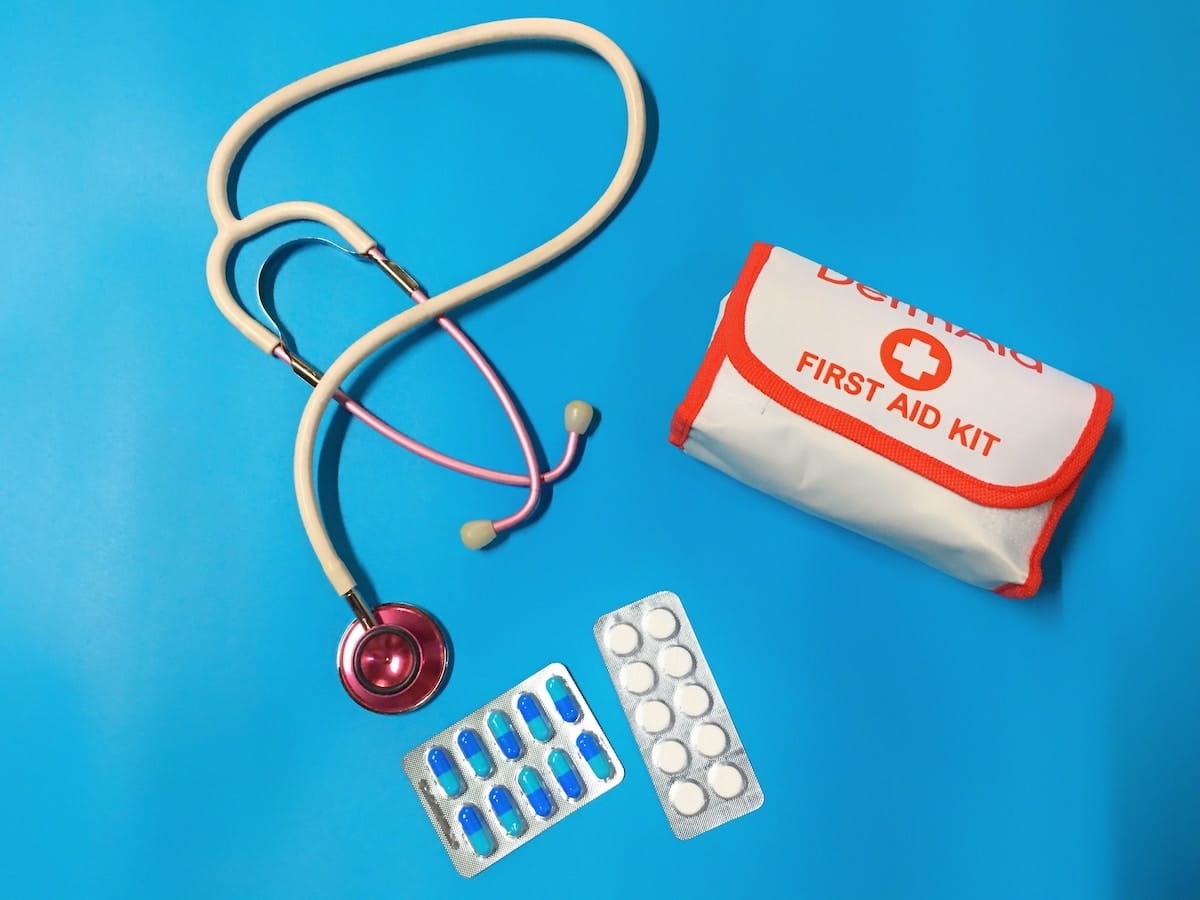Table of Contents
Medical crises and unforeseen accidents can potentially transpire without warning in any location, leaving individuals susceptible and requiring urgent aid. First aid training equips individuals with the necessary skills to provide immediate care in critical situations. In this blog, we will explore the relevance of first aid training and emphasise the importance of seeking education from accredited providers to ensure effective response and the potential to save lives.
Quick Action And Successful Results
When faced with a medical emergency, every second counts. Training in first aid equips people to act effectively and quickly in life-threatening scenarios. Before professional medical help arrives, the odds of survival and the long-term impact of injuries can greatly increase if skilled persons offer rapid first aid, such as controlling bleeding, stabilising fractures, or conducting CPR.
Basic Life-saving Techniques
Learning basic life-saving skills like those taught in first aid classes can make a huge difference in emergencies. Vital signs are checked, CPR is performed, choking is managed, severe bleeding is stopped, and injuries are immobilised. Training in these core skills equips individuals to act swiftly in various situations, from mishaps at home and in the workplace to injuries sustained in public places, allowing them to render aid and potentially save lives.
Enhancing Safety In High-Risk Environments
Accidents and injuries are more likely in some settings, such as building sites, factories, and outdoor recreational places. Having individuals knowledgeable in administering first aid can significantly impact the safety and well-being of individuals in such circumstances. Training in first aid equips workers and others in potentially dangerous situations with the knowledge and skills necessary to treat injuries immediately and keep them stable until medical help arrives. This preventative measure ensures a safe setting and lessens the likelihood of repeat incidents.
Rapid Response In Remote Locations
Training in first aid is especially important in outlying or rural locations where transportation to a hospital may be difficult. First responders with the proper training can help stabilise a situation until professional medical help arrives. The ability to successfully deliver first aid in these settings is crucial, as prompt action can stop the patient’s condition from worsening and enhance their chances of survival.
Confidence In Emergency Situations
Medical emergencies are often accompanied by panic and fear. However, individuals who have undergone first aid training are better equipped to handle these situations calmly and confidently. First aid course provides knowledge about common medical emergencies, teaches effective communication, and instills a sense of preparedness. This confidence enables trained individuals to take charge, assess the situation, and provide appropriate care, reassuring the patient and those around them.
Prevention And Preparedness
First aid training encompasses not only emergency response techniques but also preventive measures to mitigate the occurrence of accidents and emergencies. Risk analysis, standard operating procedures, and methods for avoiding mishaps are covered. This information can make both private and public spaces more secure. People with first aid training help reduce the number of accidents and injuries by spotting risks and taking corrective action.
Creating Resilient Neighbourhoods
A safety, preparation, and caring culture can flourish when first aid training is widely disseminated. We strengthen communities’ ability to respond to disasters independently by encouraging their members to participate in training programmes. Trained people can rally around one another, their families, and their neighbours to provide emergency aid until professional responders come. The resilience of communities is bolstered, and society as a whole benefits greatly from this concerted effort.
Conclusion
Gaining proficiency in administering first aid holds immense importance for the welfare and security of any community. By investing in first aid education, communities can enhance their preparedness to respond effectively to crises. This proactive approach significantly boosts the chances of preserving lives and minimising the gravity of injuries. It is important to acknowledge that during moments of crisis, even possessing the most basic information and engaging in meticulous preparation can significantly influence our capacity to safeguard ourselves and those around us.
Image Credit: Photo by Kristine Wook on Unsplash


